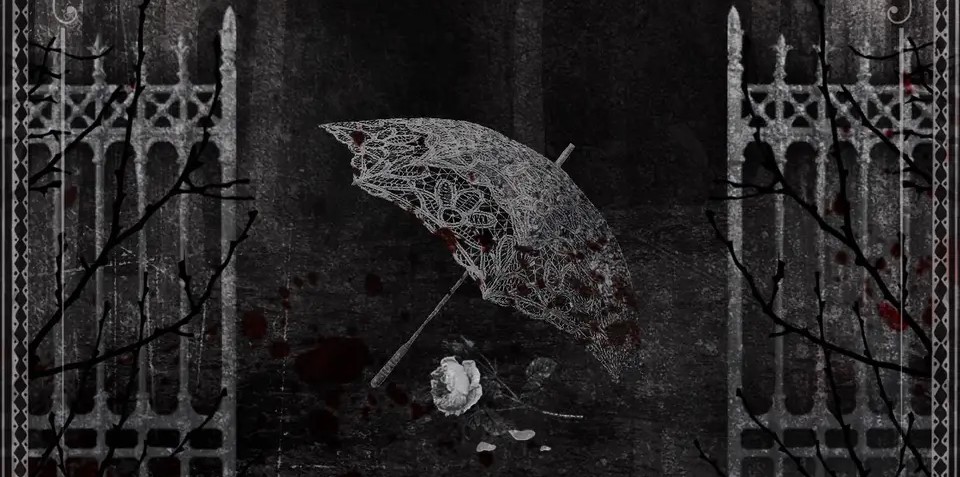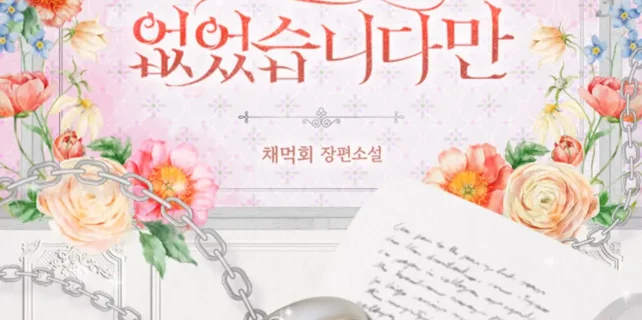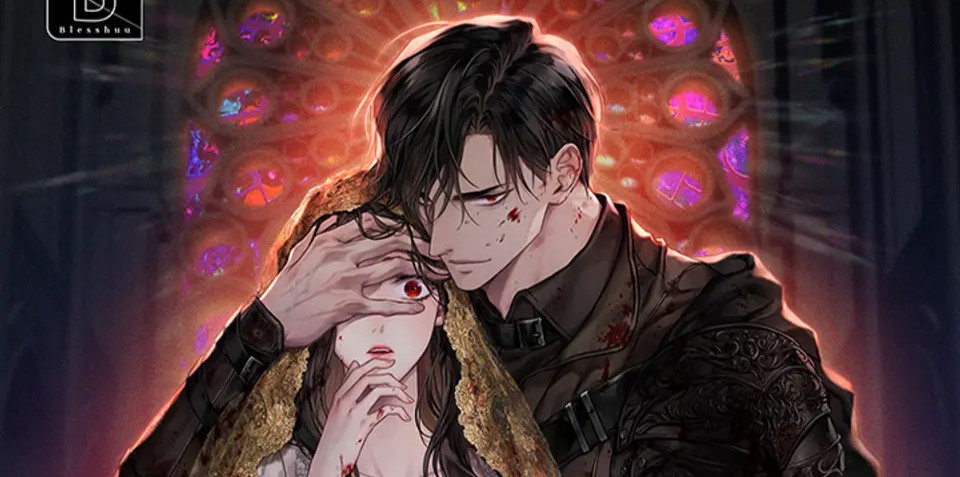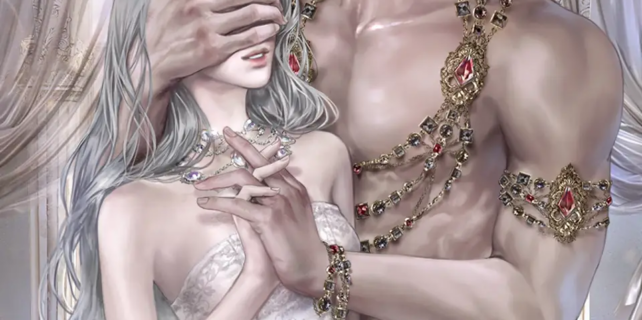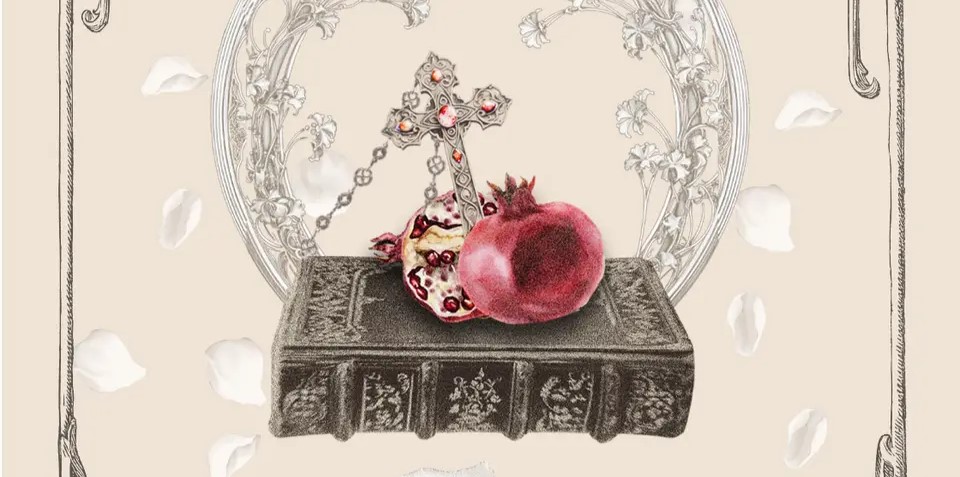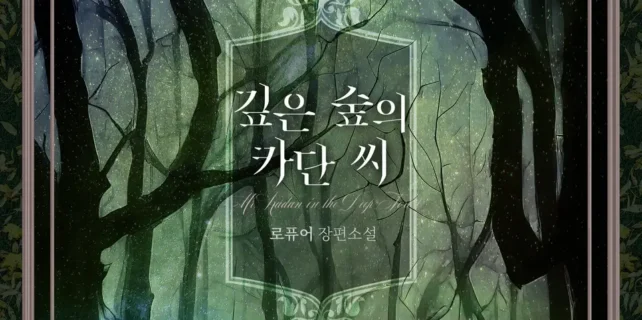Please Kill Me - Chapter 41
“Are we going to sleep together starting tonight?”
“No way- ah!”
“Starting tonight, we’ll sleep together,”
“Damn it! Stop! Do whatever you want!”
Leonid grimaced as if irritated, swatting away Yekaterina’s hand.
The conversation ended there, as Vasily returned from seeking medical help.
“Your Grace! Are you alright?”
“Quiet, Vasily. My head is throbbing.”
“I’ve sent for the doctor. He’ll be here soon. Let’s stop the bleeding for now.”
Vasily, unfazed by his master’s rebuke, supported Leonid to a bench.
This left Yekaterina’s hands empty.
She stood where Leonid had left, watching the master and knight bicker.
“It’s not the first time getting hurt, why all this fuss, ugh! Be gentle.”
“I must do this much to stop the bleeding. And if your injuries were common, the knights would be in trouble. What will you say to the other knights?”
“I got hurt during training.”
“That doesn’t instill discipline.”
“Say you did it then. That’ll fix it.”
“I can’t bear such a lie.”
“Such a stickler.”
They were just like stubborn folks scolding each other.
What’s funnier was that they talked about discipline in such an undisciplined manner. A master treating his subordinate like a friend and the subordinate rebuking the master.
Such a scenario would be unimaginable in Offenbach.
‘And it’s just a small cut on the shoulder.’
Yekaterina had never agreed with Leonid as much as she did at this moment.
In Offenbach, such a wound would be considered no more severe than a cat scratch. It wasn’t a vital hit, nor were any organs damaged, making it even more trivial.
‘And yet they worry so much.’
Was their bond that deep, or was it just the nature of people in Rostislav?
Yekaterina watched them with a stoic face.
She thought back to meeting Leonid the night before.
The face he made, saying he was worried and concerned about her. And the face saying he’d rather be hurt himself than see her injured.
‘Does liking someone make you have that kind of face?’
Yekaterina pondered vaguely. But since it wasn’t a crucial question, she soon brushed it aside, instead quietly observing the friendly duo.
Yekaterina was used to being left out.
* * *
People are indifferent to others.
This was the first truth Yekaterina realized upon arriving in Offenbach.
And, as those who come to realize such truths often do, Yekaterina was certain her enlightenment was inevitable.
Even if she had never entered Offenbach, even if Sergei hadn’t reminded her daily that emotions were a luxury, she believed there would come a day when she would trust in the indifference of others and distrust their kindness.
She had believed this all along.
Perhaps it was inevitable, considering the path that led her to Offenbach.
She remembered the seven-year-old, ignored by everyone.
She remembered the bitterness of that day and the cold that froze the tip of her nose.
Surely, the path was familiar. The path leading out of the village, the brightly colored brick road.
But to the seven-year-old Yekaterina, all of it felt alien.
She later understood why. She had never walked that path alone before.
Whenever young Yekaterina left the village, her family was always with her.
There was always someone to talk to. There was always a hand to hold.
But on the path she walked that day, there was nothing.
No one spoke to the child who was crying and walking alone.
On that road, Yekaterina had a hunch.
‘No one will ever hold my hand again.’
Surely, Yekaterina’s family had been well-liked by their neighbors, at least until an incurable epidemic spread.
The neighbors who had been kind locked their doors the moment they heard Yekaterina’s family was bedridden with illness.
After the last surviving sibling died, even when young Yekaterina cried and knocked, the doors remained firmly shut.
Not just the neighbors. Everyone Yekaterina knew did the same.
– Is this child trying to ruin my business? Get out, now!
– Your family died of the epidemic? Oh, get out quickly! I’m sorry, but you can’t stay here!
The aunt at the mill, the uncle at the general store, when Yekaterina shared that her family had died, they promptly turned hostile and drove her away. These were people she had once shared a close bond with. Those she had trusted, all turned their backs on her.
Thus, wandering, she arrived in Offenbach.
– …You’ve lost your entire family? Come in. I’ll let you meet the master.
For the first time, Yekaterina was not turned away despite sharing her circumstances.
She thought herself lucky even to be allowed to work in the kitchens.
– It happens we’re in need of a young child. This will work. I shall take her in as our adopted daughter.
Offenbach offered her a warm place to sleep, food, and even a new identity and family.
Of course, these gifts were not without a price.
Yekaterina had to undergo relentless training and education to live up to her new status.
But that was fine by her.
‘I must repay Father’s kindness.’


